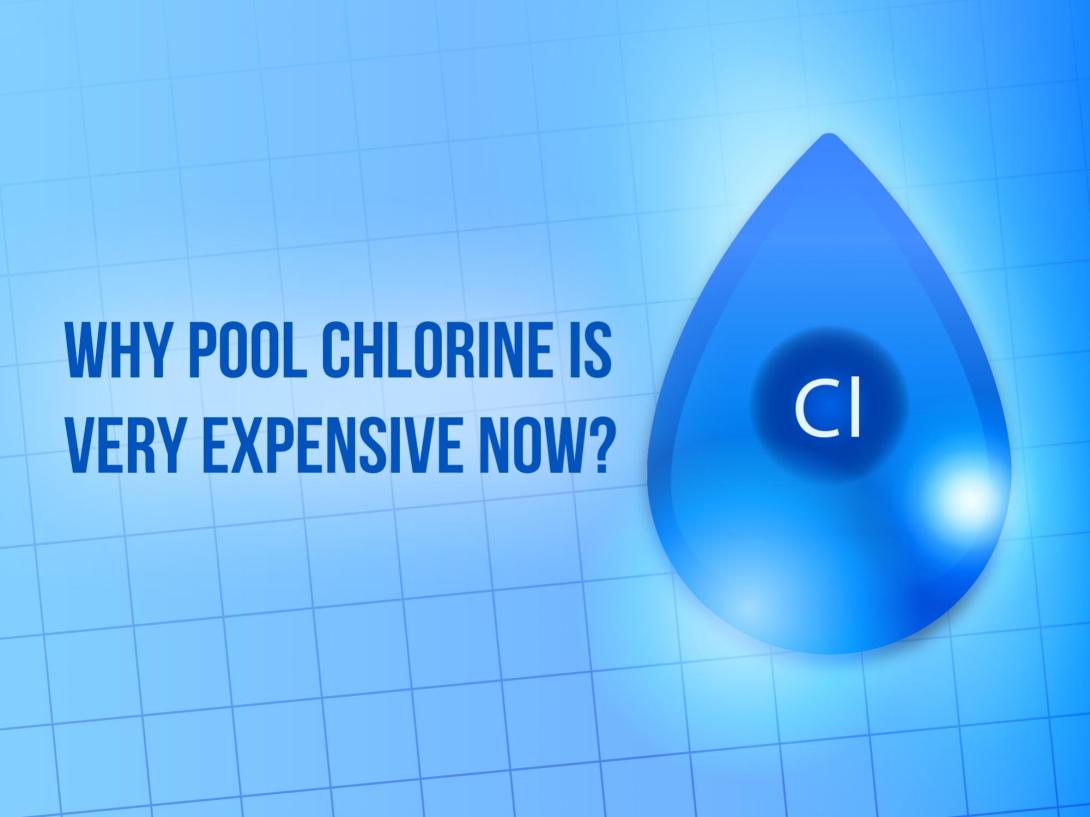
Why Pool Chlorine is Very Expensive Now
We typically use chlorine to disinfect pool water. It prevents algae growth and eliminates most disease-causing bacteria and viruses. Unfortunately, while already essential for pool sanitation, the demand for chlorine products has skyrocketed since the pandemic started and eventually resulted in shortages. Back in 2019, a 45kg Hi-Chlon or Ni-chlon chlorine drum retailed between 5,500 to 8,500php, depending on the retail store. In 2022, prices have already reached the range of 10,000–20,000php for the same products. Even the prices of chlorine from China and India have almost doubled.
What happened?
Demand VS Supply
The COVID-19 situation made us stay at home as much as possible in order to keep ourselves safe. We were also forced to cancel our travel plans, which led to pool owners spending more time swimming to enjoy a refreshing respite from the heat. Now that we spend more time in our homes, we often look for ways to kill time. Of course, if you have a pool at home, it’s natural to go swimming frequently. In fact, the interest in pools has gone up during the pandemic. Many people are renovating homes and adding pools. So there are more pool owners now than before. Since there aren’t a lot of companies that make pool chlorine tablets and granular chlorine, it leads to an increasingly short supply of pool chlorine.
Since there is high demand but a short supply of chlorine products, the price has gone up tremendously. Before the pandemic, you could avail chlorine in pool supply stores, home improvement outlets, and online sites at reasonable prices. Now that it’s in short supply, you have to pay more than you’re used to.
The BioLab Accident
Aside from the supply shortage due to increased demand, another reason why pool chlorine became expensive nowadays is due to the accident that occurred at the BioLab chlorine plant. The chlorine plant in Westlake, L.A., owned by KIK, one of the largest chlorine manufacturers in the U.S., was destroyed by Hurricane Laura and also burned down by a fire for nearly three days in August 2020.
KIK Consumer Products spent $170 million to build a new chlorine products facility. This accident put a huge dent in the production of chlorine tablets. The remaining chlorine manufacturers could not keep up with the current chlorine demand, leading to an almost 50% rise in chlorine prices.
Just January this year, a massive fire broke out in a three-story building in New Jersey. The building was vacant but was used to store plastics, pallets, and chlorine. The fire was contained, but the building collapsed.
Accidents like these cause a chlorine shortage in the Philippines. When there’s a shortage of chlorine supply in the USA, and demand there is still increasing, the USA imports more from other countries like China and Japan, causing a shortage worldwide.
Prolong the Life of Your Existing Pool Chlorine
Since there’s a shortage of chlorine, we should learn to conserve our supply. Cyanuric Acid (CYA) helps chlorine last longer. It is known as a chlorine stabilizer or pool conditioner as it stabilizes the chlorine in your pool. Without this chemical, your chlorine will quickly break down under the sun’s ultraviolet rays. Sunlight can wipe out the chlorine in your pool by up to 75–90% in just 2 hours. Cyanuric Acid shields chlorine against sunlight so it won’t be gone quickly and you won’t need to add chlorine frequently.
Chlorine Alternatives
Given the shortage and price spikes, what can you do? It may be time to invest in better sanitizers such as salt chlorine generators, UV sterilizers, and Ozone generators, reducing our dependence on chlorine. These solutions reduce chlorine requirements while also killing microorganisms such as giardia and cryptosporidium that chlorine alone cannot handle. Since chlorine is harmful to your eyes, skin, and hair, these newer sanitizers also reduce allergy issues.
Conclusion
As a pool owner, you want to treat your pool to make sure it’s safe to swim in. You can achieve that without relying too much on chlorine. The mentioned alternatives to chlorine for pools are at first more expensive. Nevertheless, over time, you will be enjoying healthier, worry-free swims.
